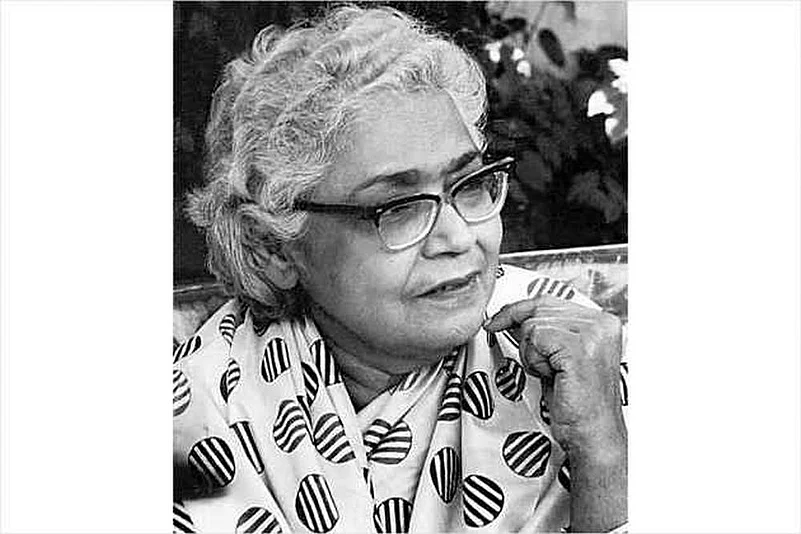Google Doodle has been dedicated to Urdu writer, Ismat Chughtai. The obvious question that comes to our mind is who was Ismat Chughtai? Born in Budaun, Uttar Pradesh on August 21, 1911, Chughtai championed free speech, social liberation, and gender equality through her writing. Her best-known works, according to Google's blog post, questioned double standards and encouraged liberation.
Chughtai was known for writing on themes like female sexuality, feminity, middle-class gentility and class conflict often from Marxist perspective. She attained primary education from the Women’s College at Aligarh Muslim University.
Her short story 'Lihaf' (The Quilt), narrated in the voice of a young girl, was viewed as controversial, given its portrayal of a relationship between an upper class woman and her servant. This was also the case for another of her famous stories, 'Gainda' (Marigold), which told the tale of a domestic worker who falls in love outside the caste system. Chughtai's character violated the rules prohibiting different castes from associating with one another, as well as the social custom forbidding widows from pursuing a second love. Her work includes short stories like Kalyan, Ek Baat and Choten. She was known for her unconventional views and it reflected beautifully in her writings.
Her works include short stories like Kalyan, Ek Baat and Choten, among others. Hardly one to bow to conventions, Chughtai relentlessly wrote about women, their desires and the oppression they faced.
In 1976, she was awarded the Padma Shri by the Government of India for her unique style of writing and the fact that she always stuck to her liberal views.
With inputs from ANI






















